USA
Explore Gallup's research.

Israelis no longer lead the Palestinians in Americans' sympathies, with independents' shift toward the Palestinians driving most of the change.

About nine in 10 college students are confident that their degree is teaching them career-relevant skills that will help them secure employment.
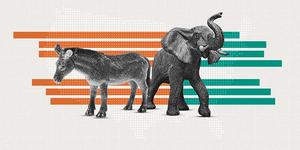
Democrats are less likely than in the past to see conditions as positive, while Republicans are upbeat, as is typical for them with a GOP president.
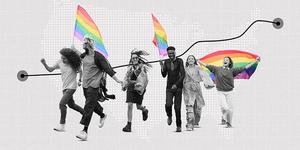
Nine percent of U.S. adults identify as lesbian, gay, bisexual or transgender, more than double the percentage a decade ago.

Doctors are the top source for medical information, far outranking websites, AI and social media. But less than half turn exclusively to medical professionals.

The percentage of U.S. adults who anticipate high-quality lives in five years declined to 59.2% in 2025, the lowest level since measurement began in 2008.

More Americans expect positive than negative momentum in the stock market, overall economic growth and interest rates, but their outlook for unemployment and inflation is negative.
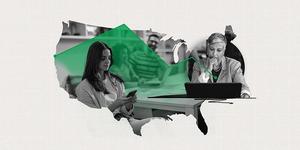
Employee engagement has fallen from its 2020 peak, with sharp drops among younger workers as role clarity, feeling cared about and development erode.

Frequent use of AI in the workplace has continued to rise, while overall use has remained level. Use varies widely by industry, role type and job level.
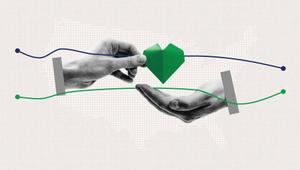
Americans remain widely engaged in charity, with volunteering rising and participation increasingly centered on nonreligious rather than religious organizations.
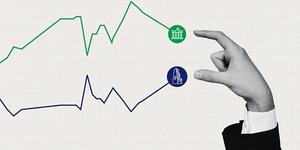
A reduced majority of Americans view "big government" as most threatening to the future of the U.S., while a near record-high 37% say "big business" is.

A new high of 45% of U.S. adults identified as political independents in 2025.
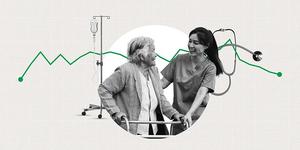
Nurses still rank highest for ethics, yet Americans' ratings of most professions remain historically weak and declining.
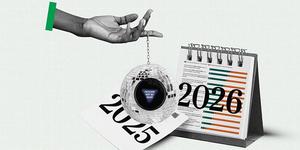
Americans expect a difficult 2026, expressing pessimism about most economic, political and global matters — with the stock market a notable exception.

Eight decades of polling offers important lessons about the kinds of healthcare reforms Americans are willing to support.

Regular exercise is more closely linked to reduced stress among women than among men and peaks with at least six days of exercise per week.
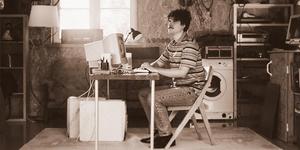
In 1998, Americans imagined the year 2025 with advances in technology and medicine, while fearing more inequality, global conflict and environmental harm.
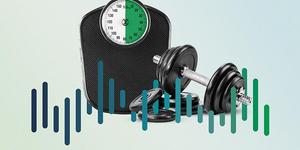
Four in 10 Americans say they are overweight, and 52% want to lose weight. Yet only half as many are trying, with women expressing more desire.
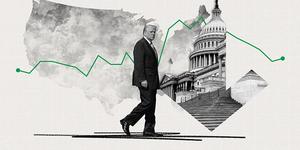
Americans usher out 2025 with low approval of their leaders, worsening economic views, and sharp partisan divides after the shutdown.

Most Americans still celebrate Christmas, but fewer observe it religiously, while secular customs remain highly popular.